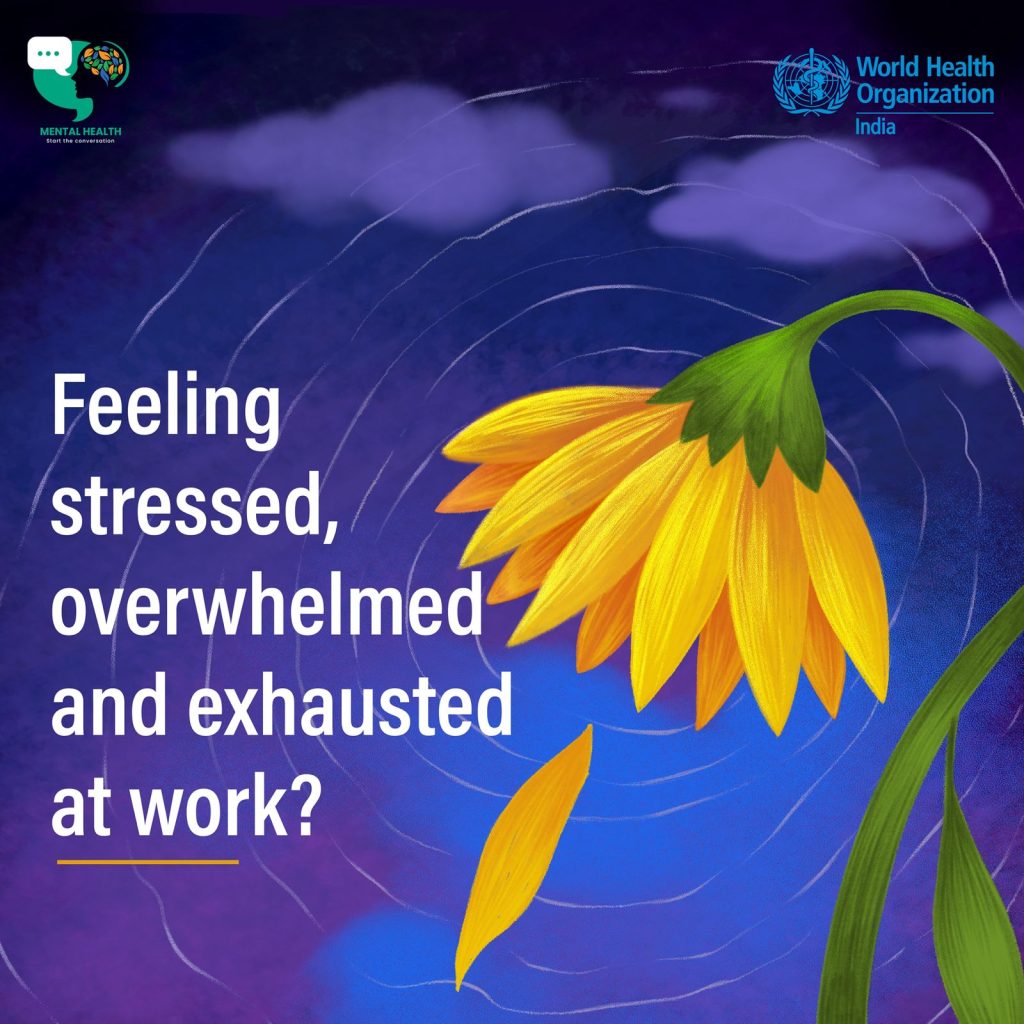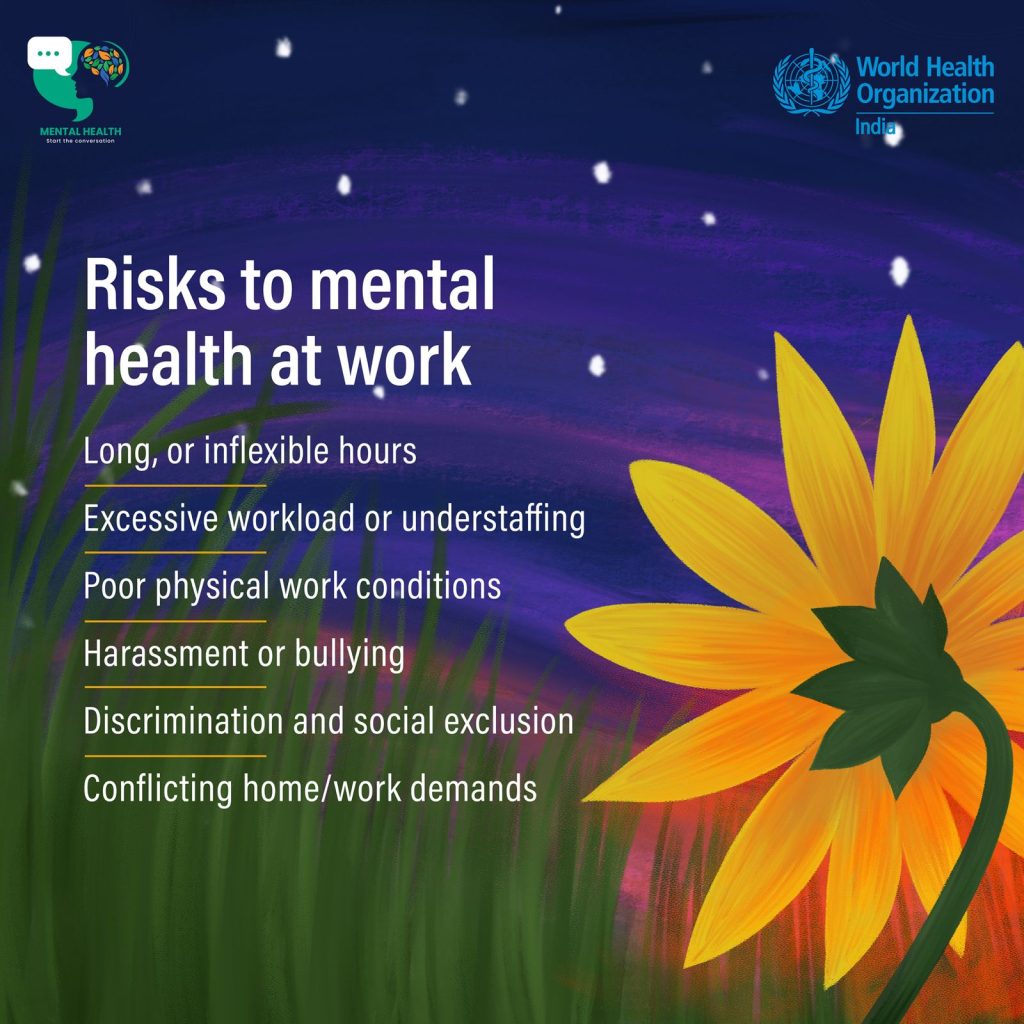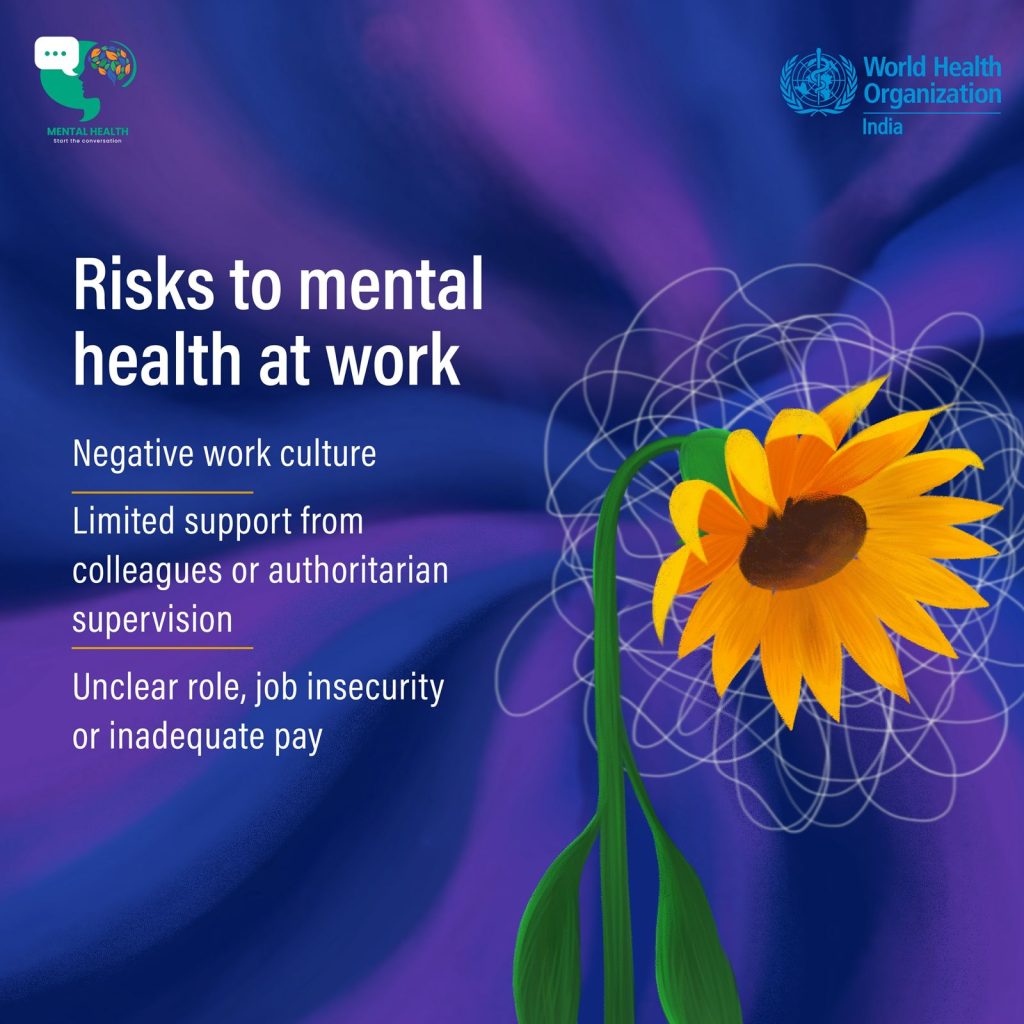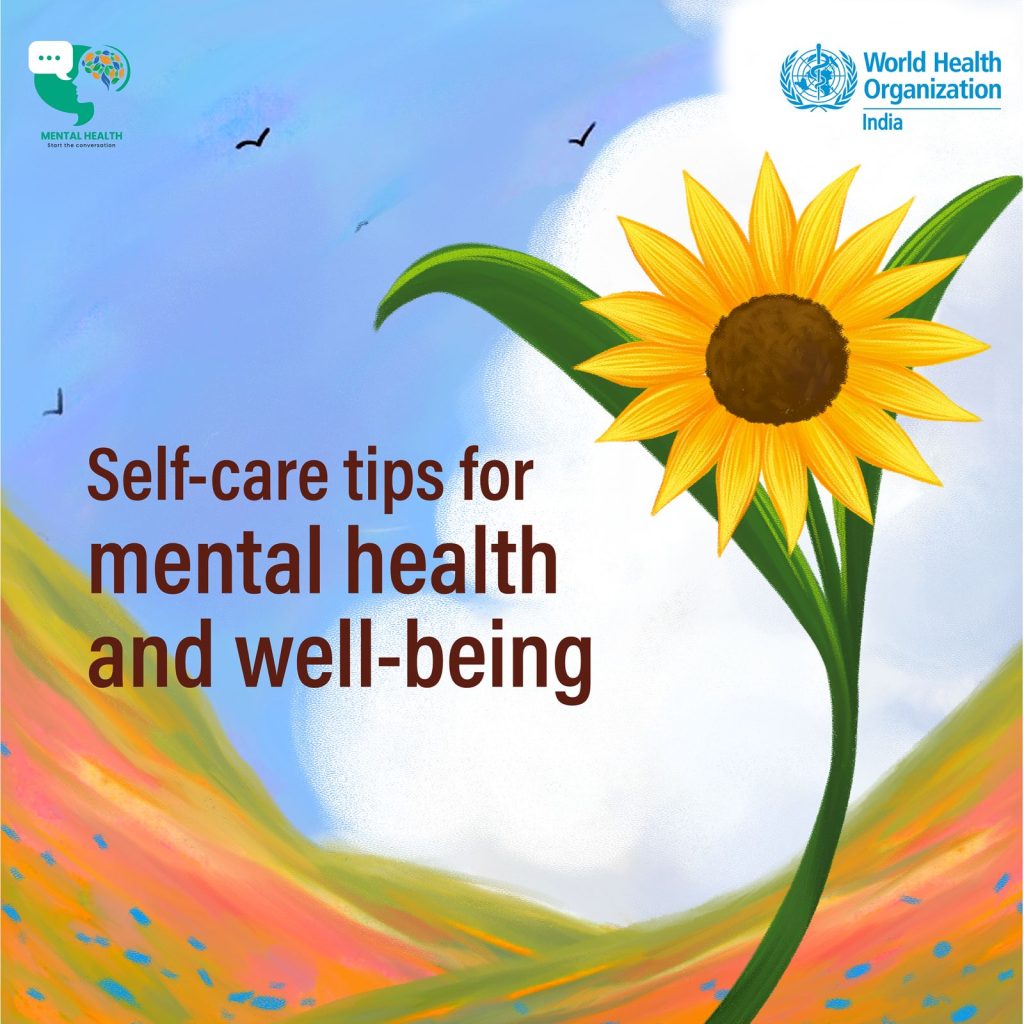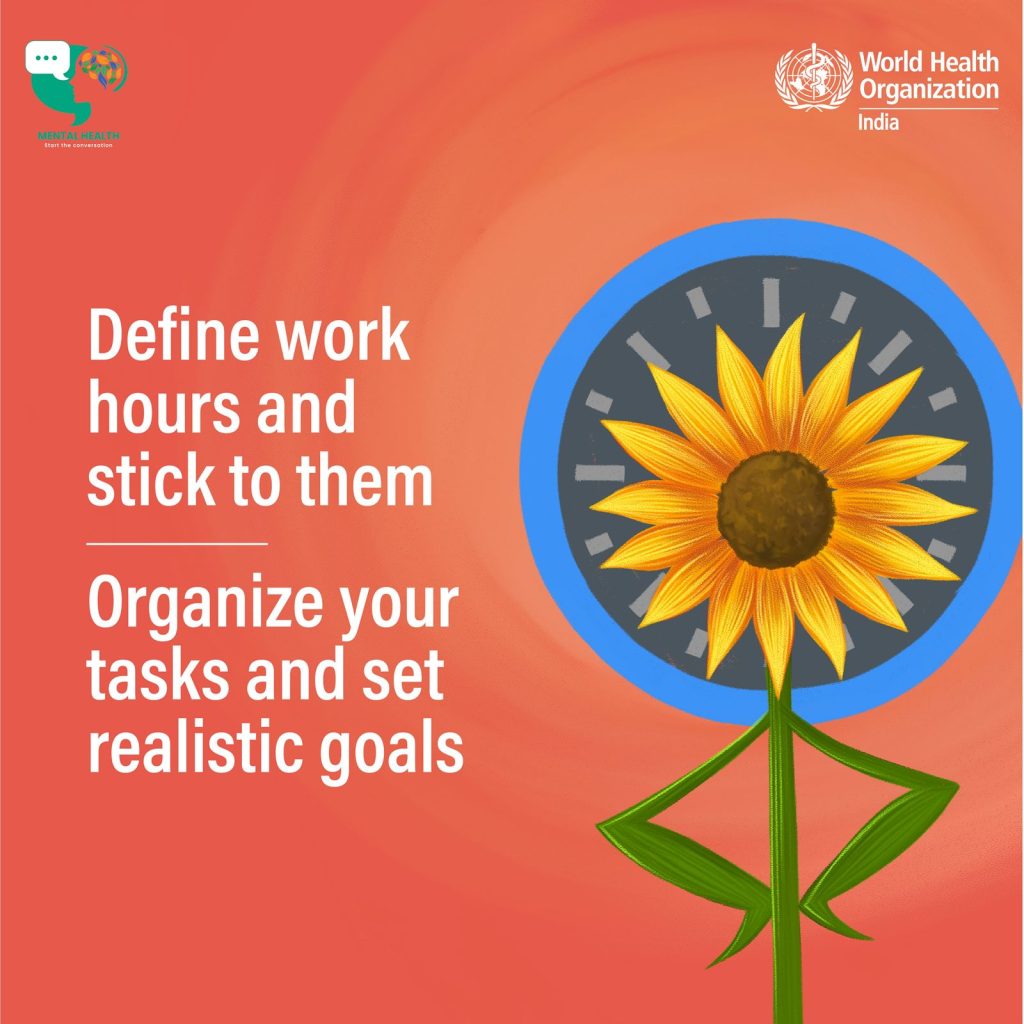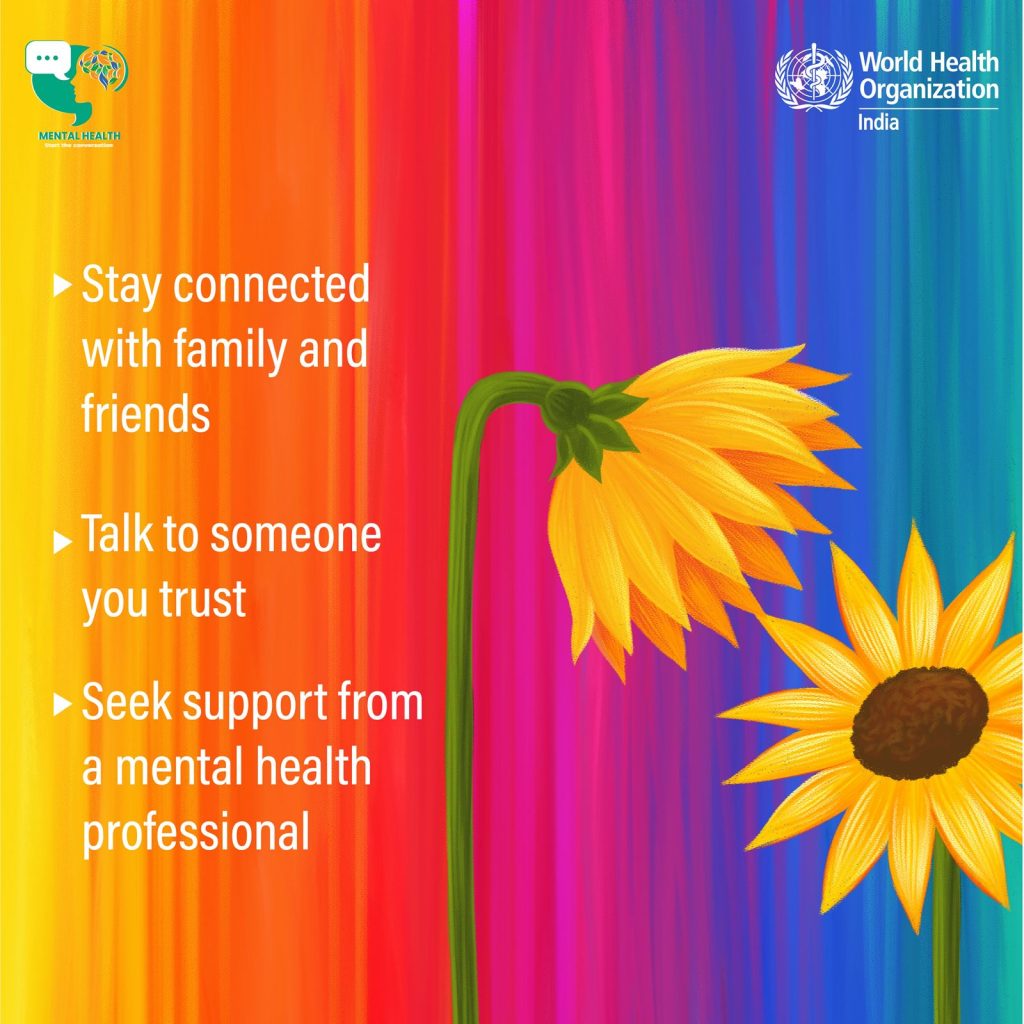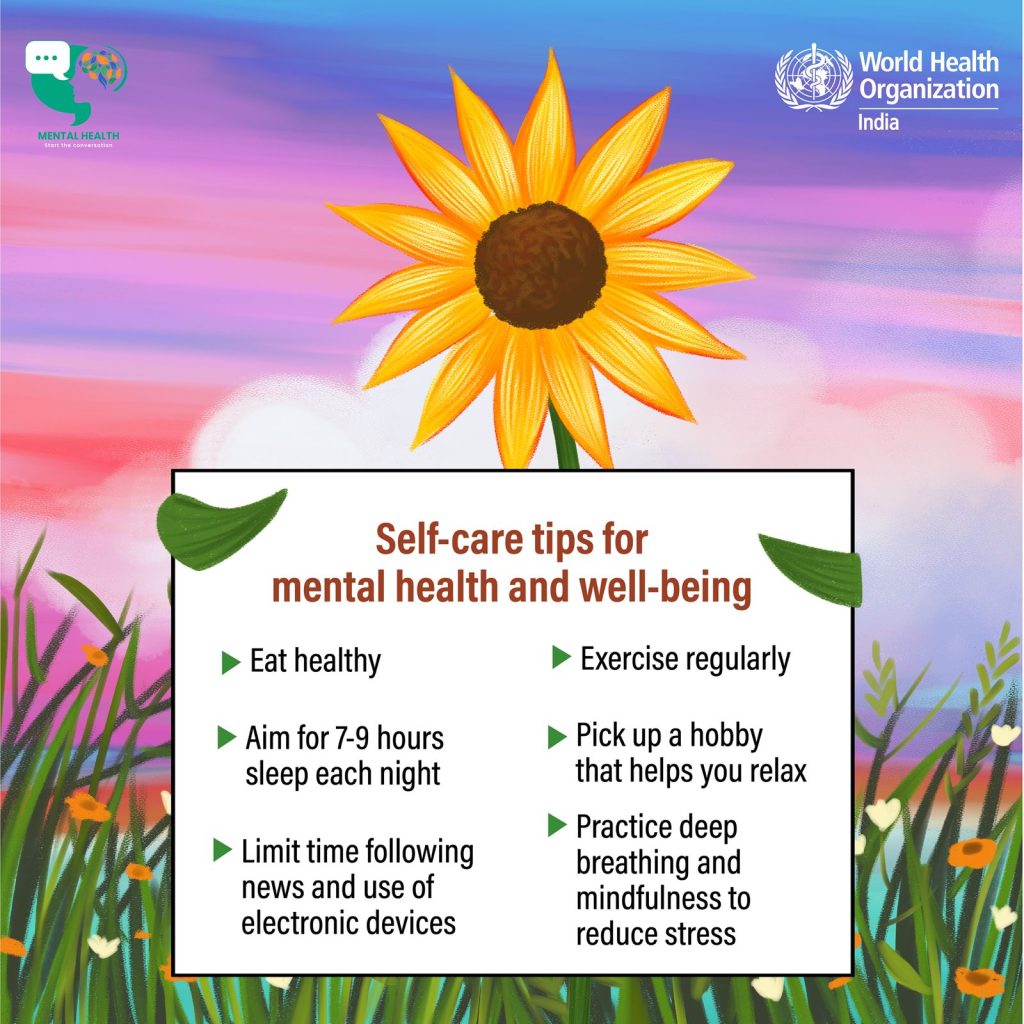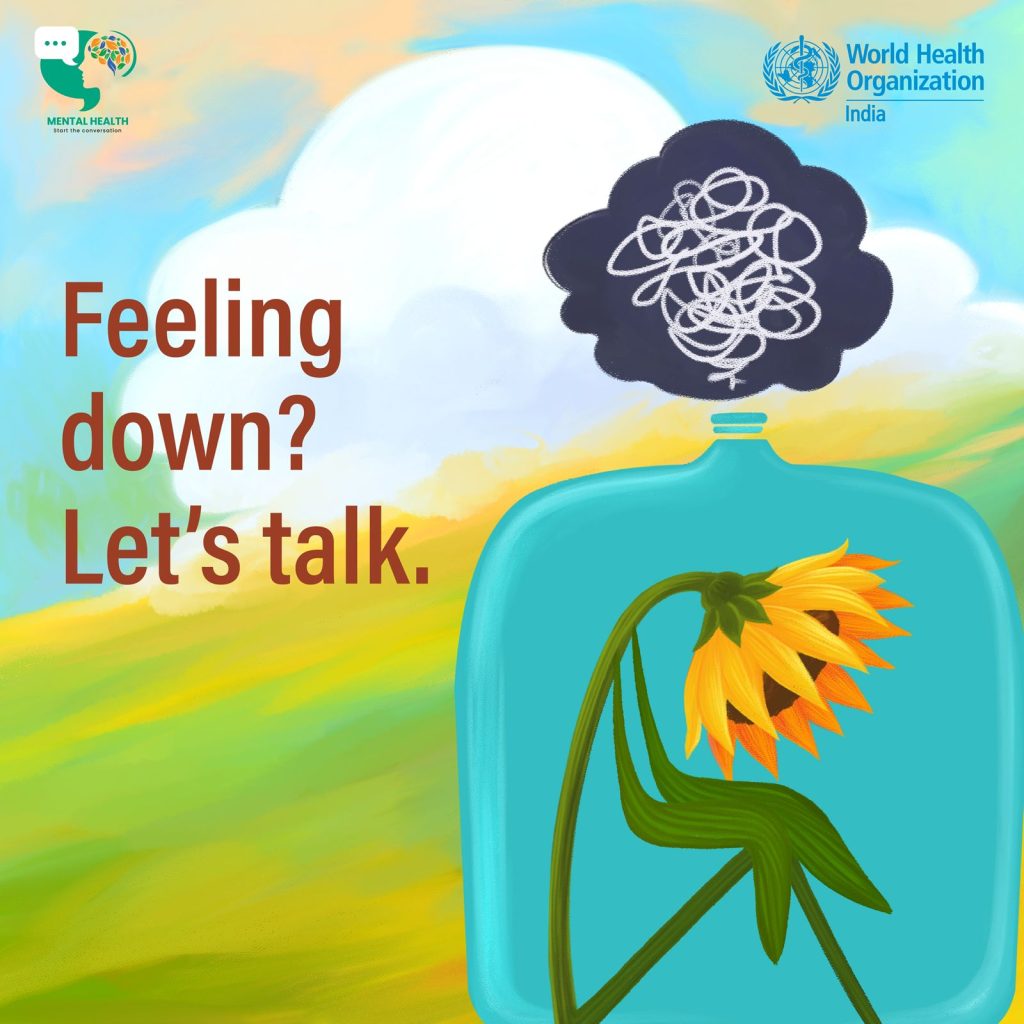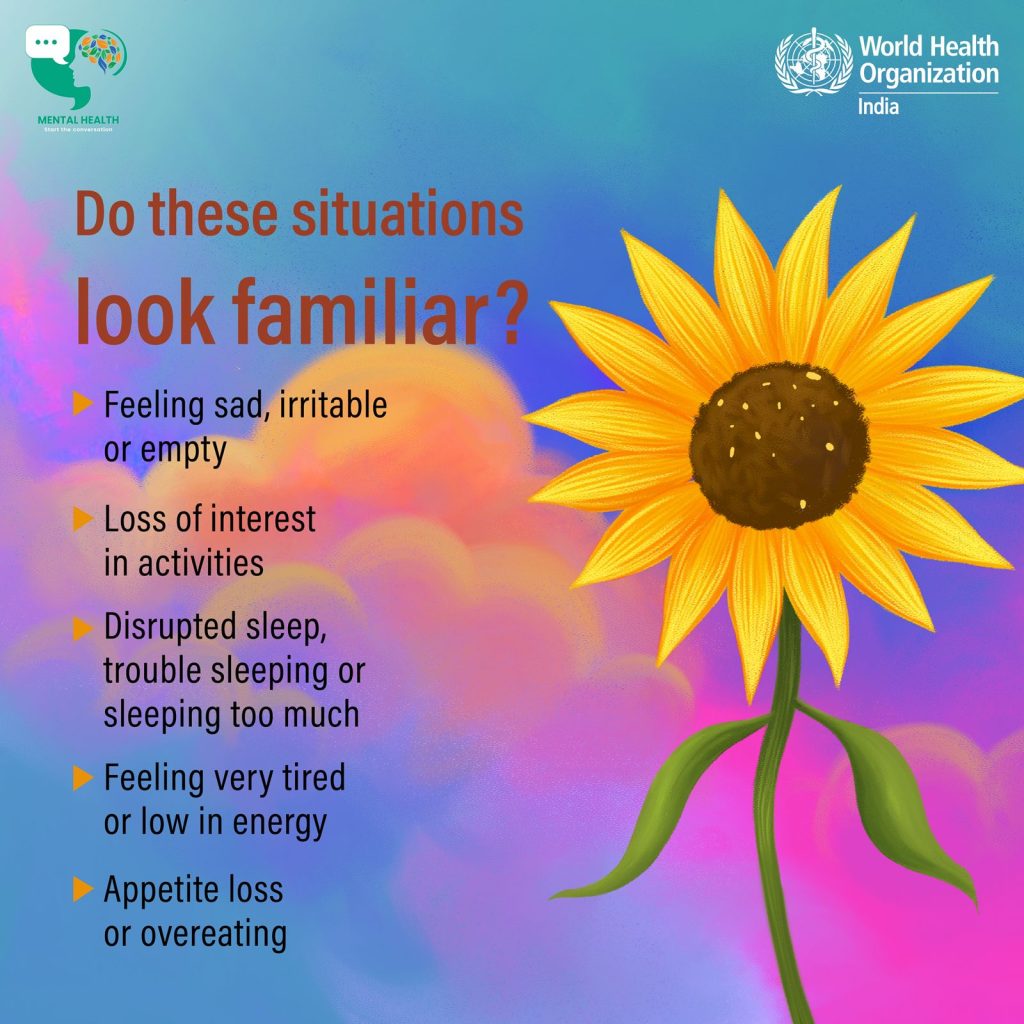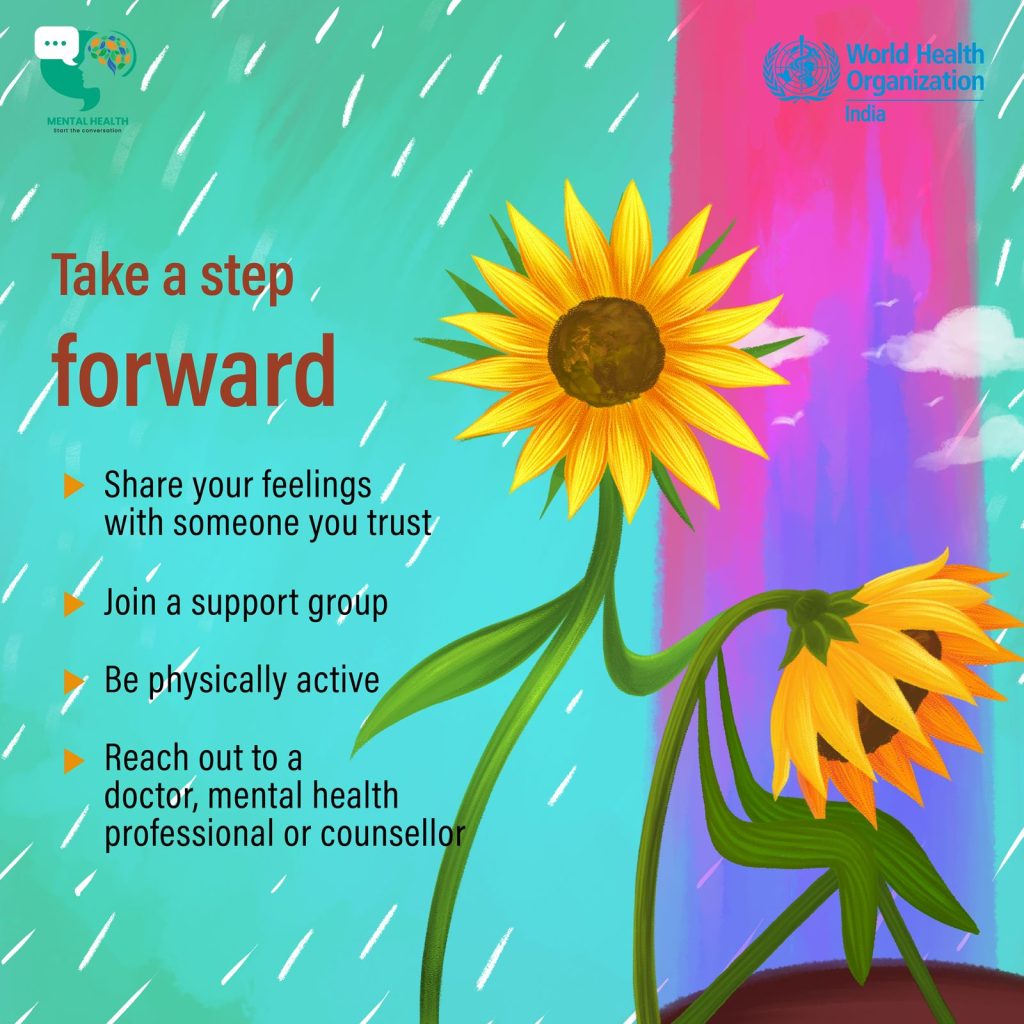Poor mental health in children and teens is one of the most critical issues we face as a society today. Every day, our children grapple with anxiety, depression, and other mental health challenges that hinder their success in school, social settings, and home life.We must help our students learn to navigate common mental health challenges so many of them are facing today. Providing mental health days for students is one effective strategy to address this issue. This holistic approach is just one of many ways to improve mentle health in schools. It’s important to note that mental health days are distinct from regular days off on weekends. While weekends can provide a break from academic pressures, they can also be filled with other activities, chores, and social obligations, leaving little time for genuine rest and self-reflection.
7 benefits of mental health days for students
1. Gives students a break from continuous pressure
Today’s students face enormous amounts of pressure — academically and socially. Assignments, homework, assessments, and extracurriculars bring persistent pressure into their lives, especially in high school. It’s so taxing that current studies show teenagers report higher stress levels than adults during the school year.
Mental health days in schools can give children and teenagers much-needed downtime without needing an excused absence. The respite can help them clear their minds, recharge their bodies, and ultimately improve their ability to cope with the demands they face.
2. Reduces stress and anxiety
Taking a mental health day will help students learn to manage their stress. A break allows students to destress and re-energize so they can cope better, both now and in the future. This is a life skill that adolescents can carry into adulthood.
3. Allows time for self-reflection and self-care
Mental health days give students time to take stock of their feelings, emotions, and overall mental well-being. These days encourage self-care, like reading a book, meditating, doing yoga, going for a walk, or doing anything they love to do but rarely have time for when facing academic pressures in their daily life.
4. Prevents burnout
Pressure to perform academically can lead some students down the path of burnout. Burnout is one of the most common reasons for chronic absenteeism. A mental health day can help by offering a vital break that lets kids take time off from their non-stop grind. A day away from schoolwork can reduce fatigue and restore energy levels, which are linked to burnout. If you’re wondering how to deal with student absenteeism, consider offering dedicated mental health days so students don’t feel burnt out.
5. Improves academic performance
Allowing students to take a mental health day when needed can improve academic performance. American Psychological Association (APA) research discovered that stress impacts memory and cognitive skills, which are crucial for learning. Encouraging children to take breaks will help their brains function better when they return to the classroom.
6. Enhances creativity and critical thinking
A recent study found that stress can severely limit our ability to think creatively. When students take time off from the constant pressures of school, they can engage in activities they enjoy and find inspiring.
7. Promotes healthy life habits
Mental health days for students aren’t just about rest; they set the stage for how any young adult will react to stressful events and times in the future. Cultivating healthy life habits early on ensures that individuals confidently prioritize their mental well-being, physical health, and work-life balance in adulthood.

